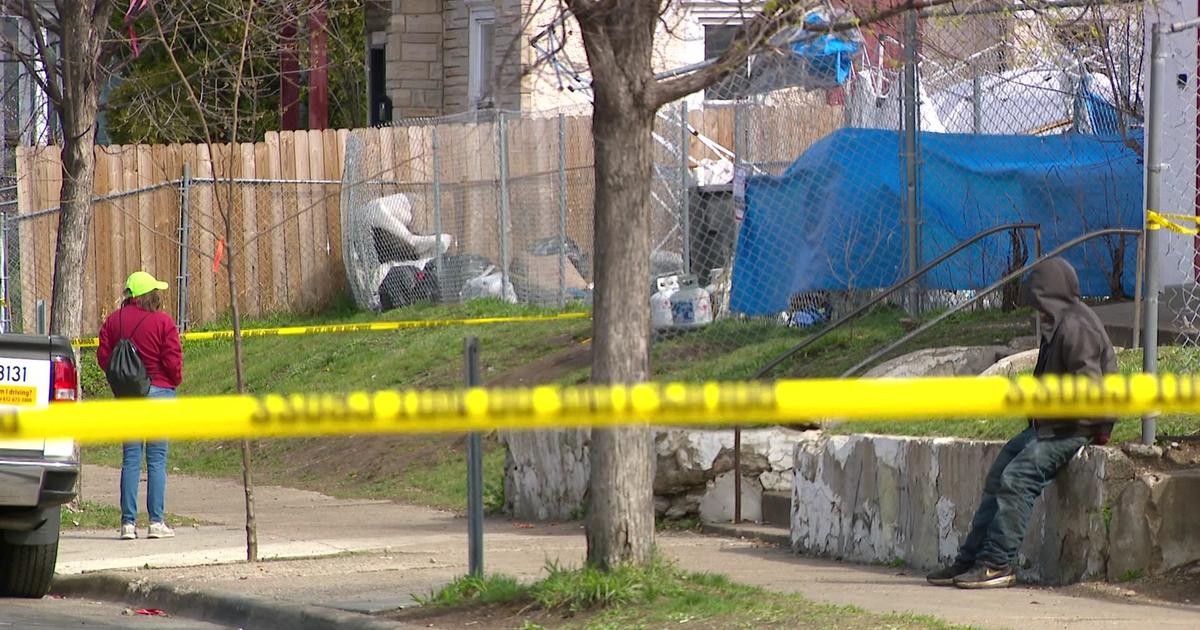Missing A Signature, Minneapolis Man's Last Will Invalidated
MINNEAPOLIS (WCCO) - Writing a will before you die is a topic that can be tough to even think about. But one family learned the hard way how important it is to do it the right way.
When Jill Widman's cousin died this year, she discovered one signature kept his hand-written will from being followed.
"What bothers me the most is that I can't follow his wishes," Widman said. "He just always trusted me and knew that I would take care of things."
Despite living their lives in separate states, there was no disputing the bond between two cousins.
"We were like soulmates, twin cousins," Widman said. "He always used to refer to me as his soulmate."
Widman lives in New Jersey and Gary Kruger lived in Minneapolis. The cousins share a birthday. They'd see each other often, talk on the phone and travel together.
Widman says Kruger's health hadn't been the best for the last few years. She says he openly talked about his will and asked Widman to be his executor when the time came.
"It was upsetting," Widman recalled. "I said, 'Don't worry about that; nothing is going to happen."
But after the holidays this past year Widman had trouble reaching Kruger. A neighbor discovered him dead inside his home.
"I had agreed to take care of him and to be there for him," Widman said. "Now, he was no longer with us."
The coroner found Kruger's hand-written wishes on a notarized will.
"This is the final will and testament of Gary William Kruger," the will reads. "Assets will be divided as follows: Jill Widman, cousin: house and checking account."
The notary inside a Twin Cities bank had signed the document more than three years earlier.
"At that point we found out through legal representation that the will was not legal because it didn't have one more person's signature on it," Widman said.
Julian Zebot is an attorney with Maslon Law. He is representing Widman in a claim filed against the estate after Kruger's final wishes weren't followed.
"It's an incredibly unfortunate situation," he said.
Without any children, living parents, or siblings, Minnesota law states Kruger's possessions of around a half-million dollars pass to his nieces.
That wouldn't have been the case if Kruger had just one more signature on his will. It's a step even the bank missed.
"There's a lot of misinformation and misconceptions floating around out there," Zebot said.
Katie Maier is a financial planner at Wealth Enhancement Group.
"In about half the states, holographic, hand-written wills [are] valid with one signature," Maier said. "In Minnesota and Wisconsin they are not."
Maier is not connected to this case but reviews hundreds of wills a year.
After seeing countless mistakes, she recommends people always consult with an attorney who specializes in estate planning first rather than writing a will yourself, or signing up for software online.
"If you do a handwritten will, you're likely going to forget something or you might contradict yourself over one clause over another," Maier said. "I just think having somebody who knows what they're talking about to at least walk you through it is a good idea to make sure you're doing everything properly."
Maier says five things will ensure your will is valid in Minnesota:
- You must be 18.
- The document must be written (no audio or video recordings are recognized)
- It has to be witnessed and signed by two people.
- It must also be signed by yourself. (A notary isn't necessary, but is recommended)
- You have to know how your assests are being distributed at the time you sign it.
"If you have assets that will pass upon your death and or you have children, then you need a will," Maier said.
"I just feel like I wouldn't want that to happen to anybody else," Widman said.
Widman wants her story to serve as an example of what could happen -- a cousin and friend gone without his final words counting.
"My biggest upset in my heart is that I wasn't able to follow his wishes," Widman said.
Kruger's nieces could have followed what was written in the will, but their lawyer says they chose to follow the law. A settlement has been reached in the case but the terms are confidential.
It will cost anywhere from $500 to $2,000 to work with an attorney to write a will, depending on how complex it is.
To learn more about the different types of wills and the differences in state laws, click here or here.



